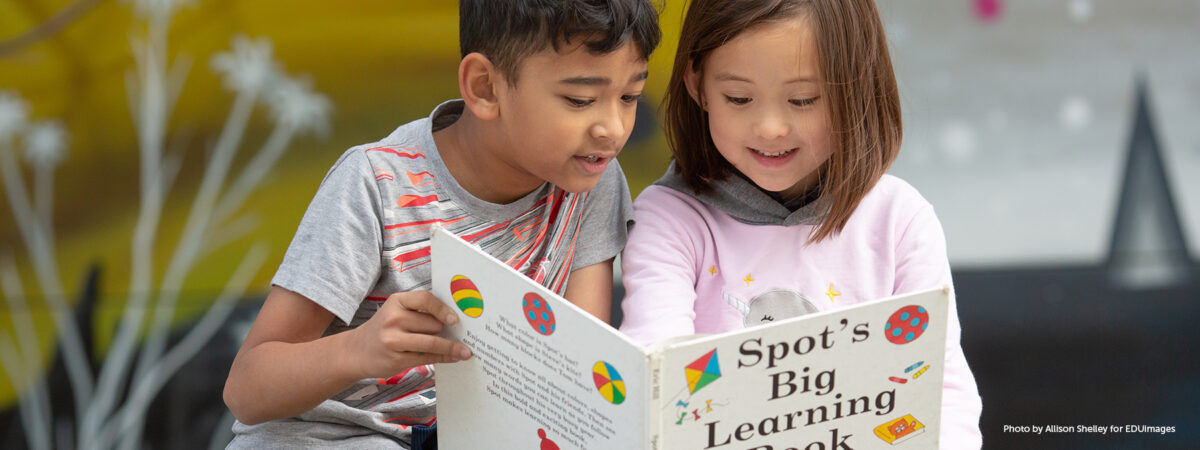
Over five years, U-GAIN Reading will use insights from the Science of Reading to advance how we use reading technology to give students feedback and support as they read decodable text out loud. Our team will identify ways to improve the accuracy of reading technologies to hear students as they read out loud, to customize texts to work with each students’ strengths and needs, and to improve students’ interactions with technology to support their fluency and comprehension.
Our research will build on Amira, a powerful reading technology that has a research base and is already serving millions of students across the United States. Our research team will co-design reading intervention activities for Amira. These include individualized tutoring lessons, to be tailored to each learner’s specific reading strengths and needs across reading ability, specific letter, sound, and word recognition skills, and vocabulary development.
We are working with schools with developing readers in grades 1 to 3, including many students who are English learners (ELs). This is relevant because “hearing students accurately” is more challenging for technologies when listening to students with speech patterns that differ from standard American English. To give a sense of the challenge, only 33% of ELs meet the National Assessment of Educational Progress (NAEP) Basic reading level, compared to 67% of all fourth-grade students. Working with ELs provides a strong opportunity to advance how reading technology can be used to support developing readers, as well as advance our goal of serving every reader in each classroom.
U-GAIN Reading will also foster national leadership that goes beyond any specific technology, grade level, or population of students. We launched our national leadership initiative in January 2025 and we have already hosted various presentations across the country, including the AI K12 Deeper Learning Summit, which brought together representatives from 118 districts across 31 states earlier this year.

A group of 40+ educators and leaders discusses AI-enabled technologies to support student reading at the K12 AI Deeper Learning Summit.
At the summit we facilitated discussions among more than 40 educators, leaders, and researchers about how they use technology to help students learn to read. Educators shared many insights, including the need for:
Following the event, we have begun conducting interviews with educators to better understand how they use technology for reading and how they would like to see it improved. If you have ideas, please contact us!
The U-GAIN Reading team will continue to plan national leadership activities across three key leadership strands: